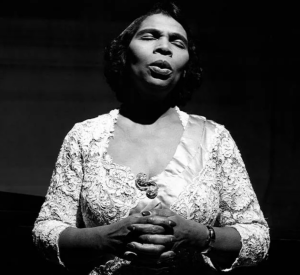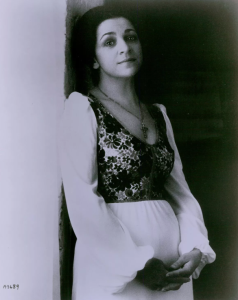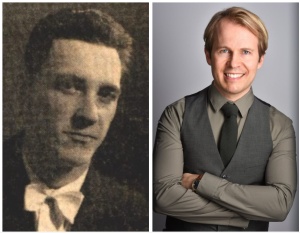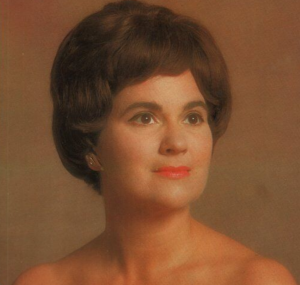Podcast: Play in new window | Download (Duration: 1:40:01 — 114.0MB) | Embed
Subscribe: Spotify | TuneIn | RSS | More
The esteemed, indeed beloved, German baritone Hermann Prey died seventeen years ago already on July 22, 1998. I want to remember him today by celebrating a cornerstone of his repertoire: the music of Johann Sebastian Bach. I’ve been playing a lot of Bach recently on the podcast, as his music is one of the few lifelines that I can rely upon in the chaos of today’s world. But I’ve been focusing in large part on contraltos performing his music which leaves an entire repertoire insufficiently explored. I’m not sure why (although I could hazard a guess) why Prey’s significance has been downplayed as certain other historical German baritones (IYKYK!) are overvalued and over-represented. Prey had a voice of profound beauty and power, a technical security that is sometimes mind-boggling, a mellifluous legato combined with a refined connection to the supremacy of the word (even – and especially – in Bach), but above all, a humanity and humility that make his performances and recordings of this repertoire unmatched (and possibly unmatchable). Represented are individual arias from the cantatas and Passions as well as a complete late-career performance of Ich habe genug, my favorite among Bach’s supreme masterpieces.
Countermelody is a podcast devoted to the glory and the power of the human voice raised in song. Singer and vocal aficionado Daniel Gundlach explores great singers of the past and present focusing in particular on those who are less well-remembered today than they should be. Daniel’s lifetime in music as a professional countertenor, pianist, vocal coach, voice teacher, and journalist yields an exciting array of anecdotes, impressions, and “inside stories.” At Countermelody’s core is the celebration of great singers of all stripes, their instruments, and the connection they make to the words they sing. By clicking on the following link (https://linktr.ee/CountermelodyPodcast) you can find the dedicated Countermelody website which contains additional content including artist photos and episode setlists. The link will also take you to Countermelody’s Patreon page, where you can pledge your monthly or yearly support at whatever level you can afford.








